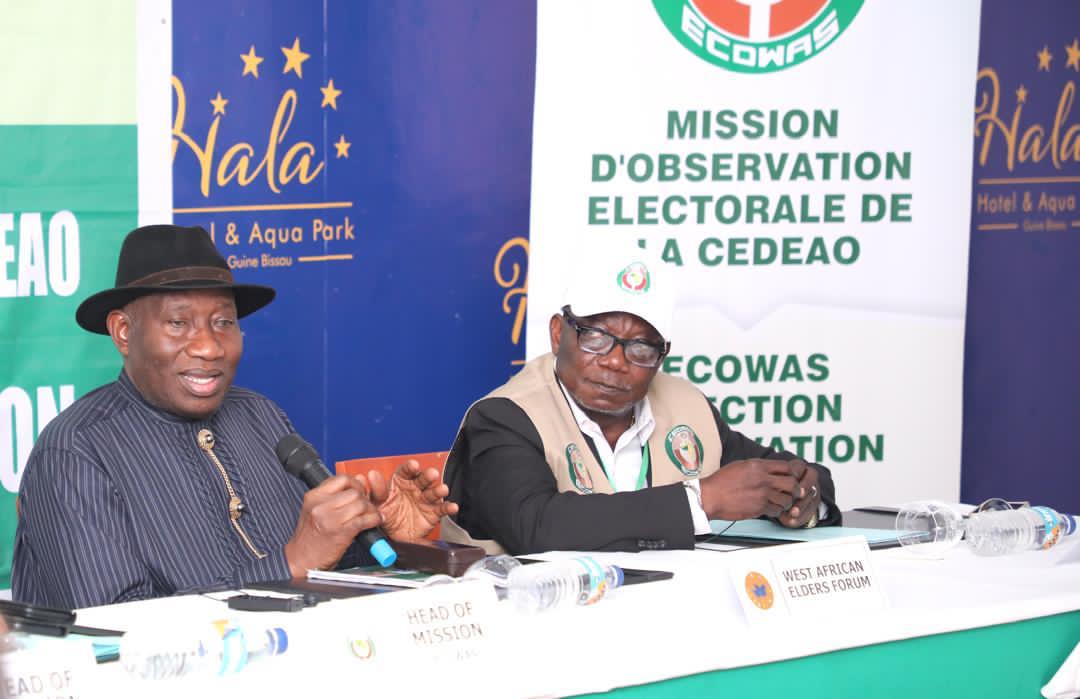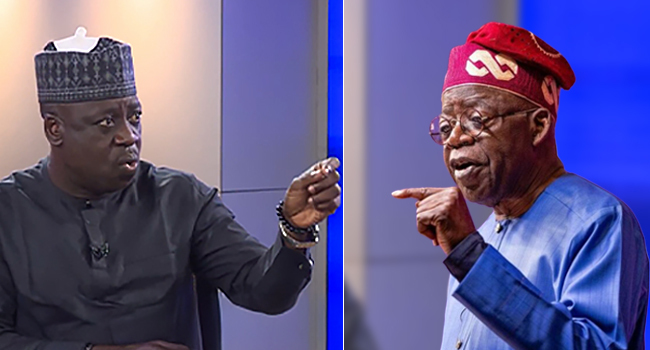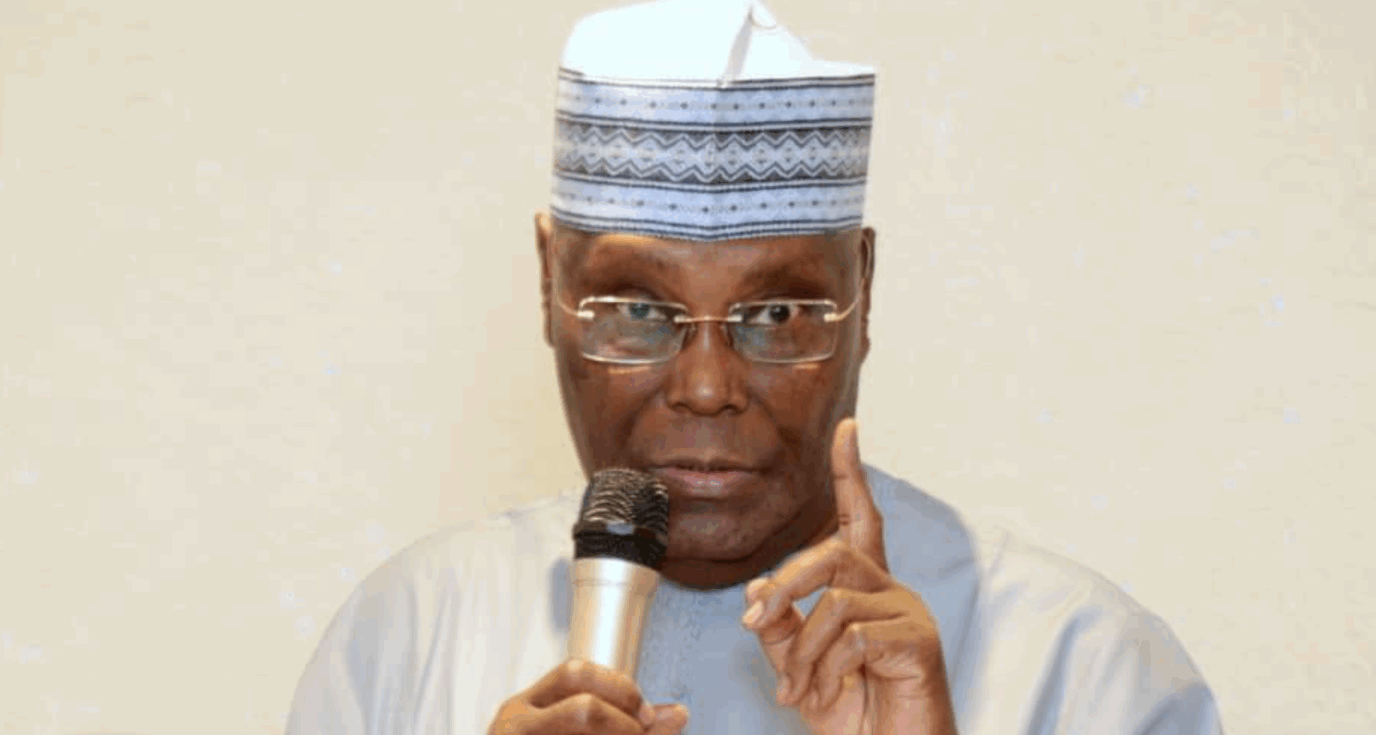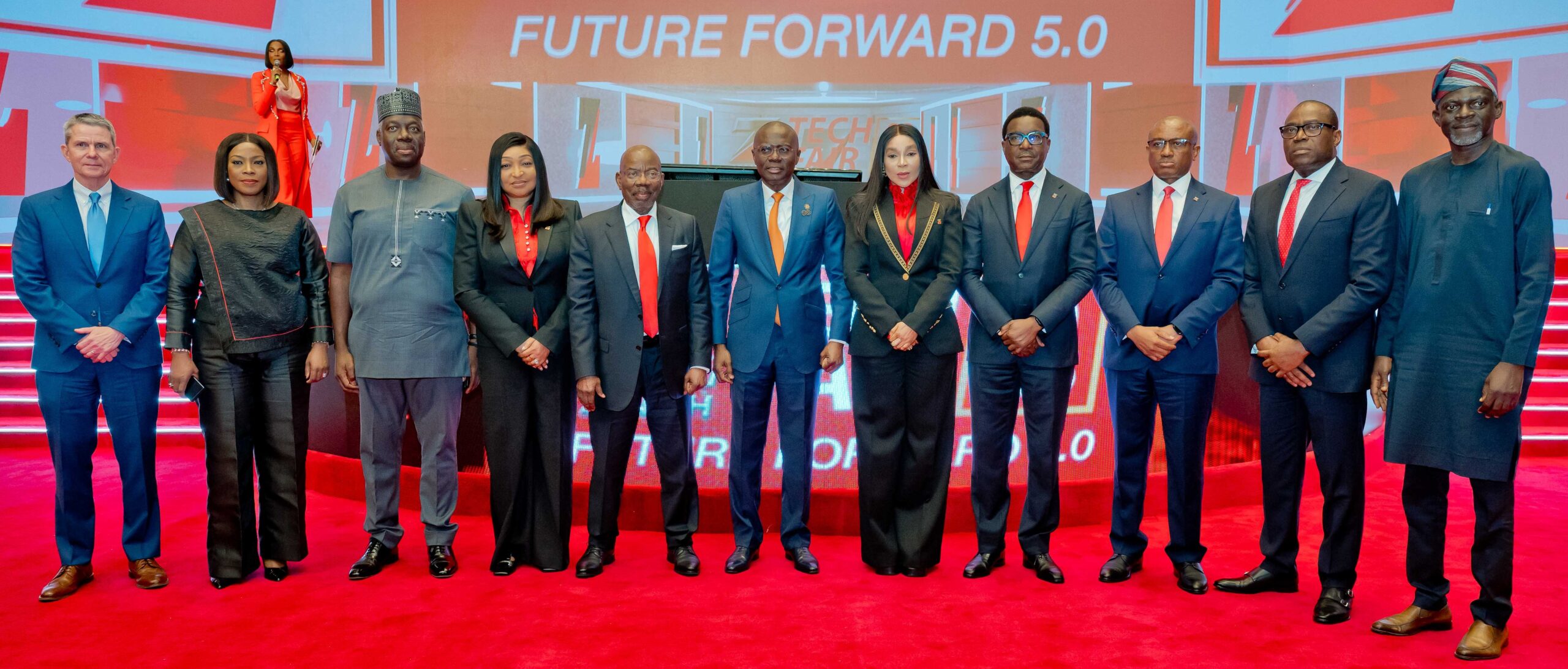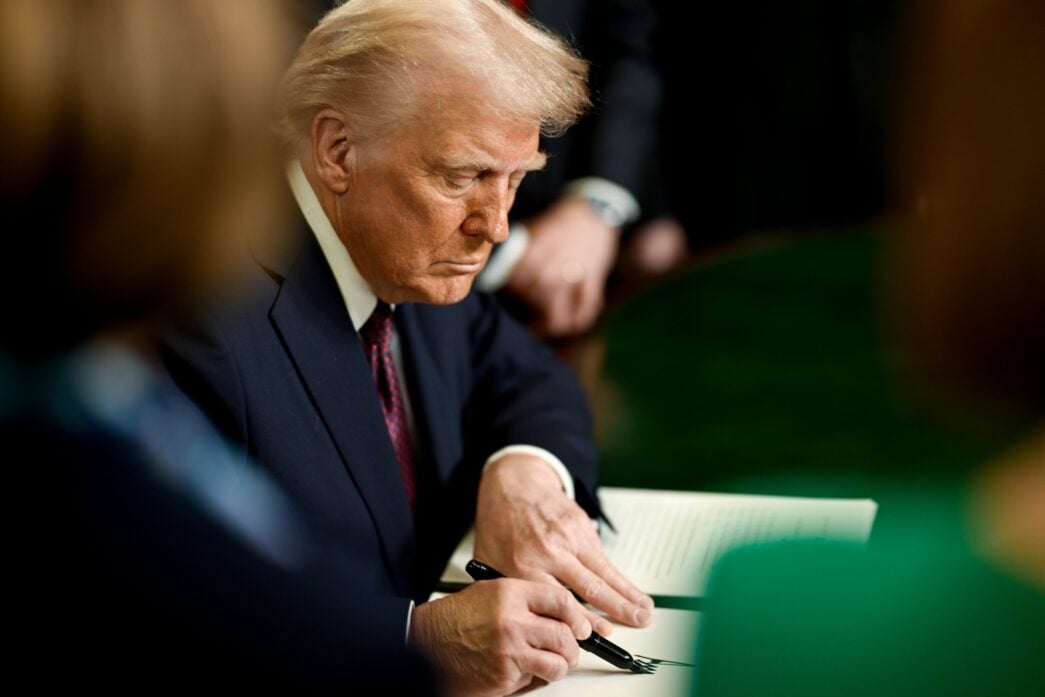United States President Donald Trump has signed a proclamation introducing an annual fee of $100,000 on H-1B visa applications—a significant shift in America’s immigration and labour policy with wide-ranging implications for Nigerian professionals and the local economy.
What is the H-1B visa?
The H-1B visa is a non-immigrant classification that allows US employers to hire foreign workers in specialised fields such as medicine, information technology, engineering, and academia. It is valid for an initial three years, extendable up to six.
Currently, employers pay around $1,500 in administrative charges per application. By raising the fee to $100,000 annually, the US government is substantially increasing the cost of hiring foreign talent.
Why this matters to Nigerians
- Doctors and healthcare workers: Nigerian doctors have historically used the H-1B programme to secure employment in US hospitals, often in underserved areas. The new cost could deter hospitals from hiring abroad, limiting opportunities for Nigerian medical professionals seeking to migrate.
- Tech workers: The Nigerian tech community, software developers, engineers, and data scientists, has increasingly relied on H-1B placements in US companies such as Amazon, Microsoft, and Meta. With US firms now facing much higher costs, they may reduce international recruitment, cutting off a key pathway for Nigerian talent.
- Students and graduates: Many Nigerian students who pursue advanced degrees in the US typically transition into the H-1B system to remain employed after graduation. The fee hike risks closing this route, leaving fewer post-study opportunities.
Implications for Nigeria’s economy
- Reduced remittances: Remittances from Nigerians abroad constitute a vital source of foreign exchange. If migration channels like the H-1B shrink, inflows could decline, affecting families and national reserves.
- Brain drain slowdown: While the move may reduce the pace of professional migration, it may also mean that skilled workers remain in Nigeria. This could benefit local industries, if adequate opportunities exist, but risks frustration if domestic demand for specialised skills remains low.
- Pressure on local employment: With fewer Nigerians able to exit for high-paying roles abroad, competition for limited jobs at home could intensify, potentially suppressing wages in key sectors like healthcare and tech.
- Investor sentiment: The policy underscores tightening US immigration rules, which may redirect Nigerian professionals to alternative destinations such as Canada, the UK, and Australia—nations currently courting skilled migrants.
Why the US government says it’s necessary
US Commerce Secretary Howard Lutnick described the measure as a way to protect American jobs. “If you’re going to train somebody, train one of the recent graduates from one of the great universities across our land. Stop bringing in people to take our jobs,” he said during a White House briefing.
Supporters of the policy argue that H-1B visas suppress wages and disadvantage local workers. Critics—including US tech giants—warn that curbing skilled immigration could reduce innovation and competitiveness.
The broader context
The fee hike is the latest in a series of immigration restrictions under Trump, including a $15,000 visa bond pilot programme and a travel ban covering 12 countries. With the H-1B programme already capped at 65,000 visas annually, plus 20,000 for advanced degree holders, the steep cost introduces a new barrier to entry for foreign professionals.
Bottom line
For Nigerians eyeing the United States as a career destination, the $100,000 fee represents a daunting obstacle that may all but close one of the most popular migration pathways. For Nigeria’s economy, the change could mean fewer remittances but potentially more professionals remaining to contribute locally.
The question now is whether Nigeria can absorb this talent into its own industries or risk seeing opportunity slip away to countries offering more welcoming policies.



